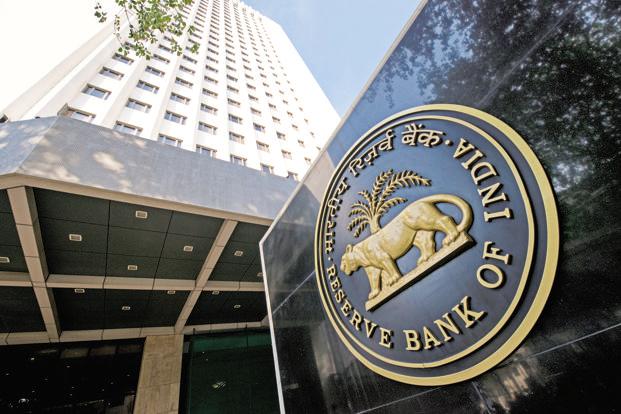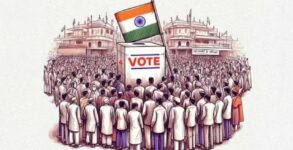The Reserve Bank of India has rejected the Election Commission’s proposal to increase the weekly withdrawal limit for those contesting the Assembly elections. There will be no change in the withdrawal limit till March 11, when the poll results would be declared. Currently, ATM withdrawal limit stands at Rs 10,000 a day and bank withdrawal is capped at Rs 24,000 a week for savings accounts and Rs 1,00,000 a week for current accounts.
The rejection prompted a lot of angry reactions from the world of politics. Upset about the “cursory manner” in which the RBI had dealt with its request and asking it to reconsider its stand, the Commission, in a letter to RBI chief Urjit Patel, said that the RBI “has not realised the gravity of the matter”. “Therefore, it is reiterated that it is the constitutional mandate of the Commission to conduct free and fair elections and to provide level playing field to all candidates. In order to facilitate proper conduct of elections, it is imperative that directions issued by the Commission are complied with,” read the letter.
The poll panel had on January 24 written to the RBI, mentioning the problems faced by candidates due to the restricted withdrawal limit. “The entire election process last only 3 to 4 weeks and therefore, the total amount that can be withdrawn with weekly restriction limit of Rs 24,000 would only be Rs 96,000 as against the statutory limit of expenditure of Rs 28 lakh for the state of Punjab, Uttarakhand and Uttar Pradesh and Rs 20 lakh for Manipur and Goa, as fixed by the Government of India notification dated 28th February, 2014.”
As per Indian Express reports the EC further added, “even if one were to assume that a part of the expenditure is incurred through cheque, small expenses would be paid in cash. The issue is further compounded in rural areas where banking facilities are not available or are negligible”.

















